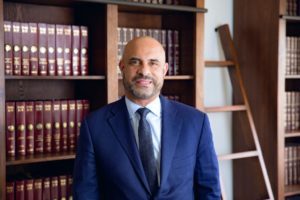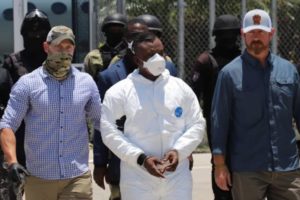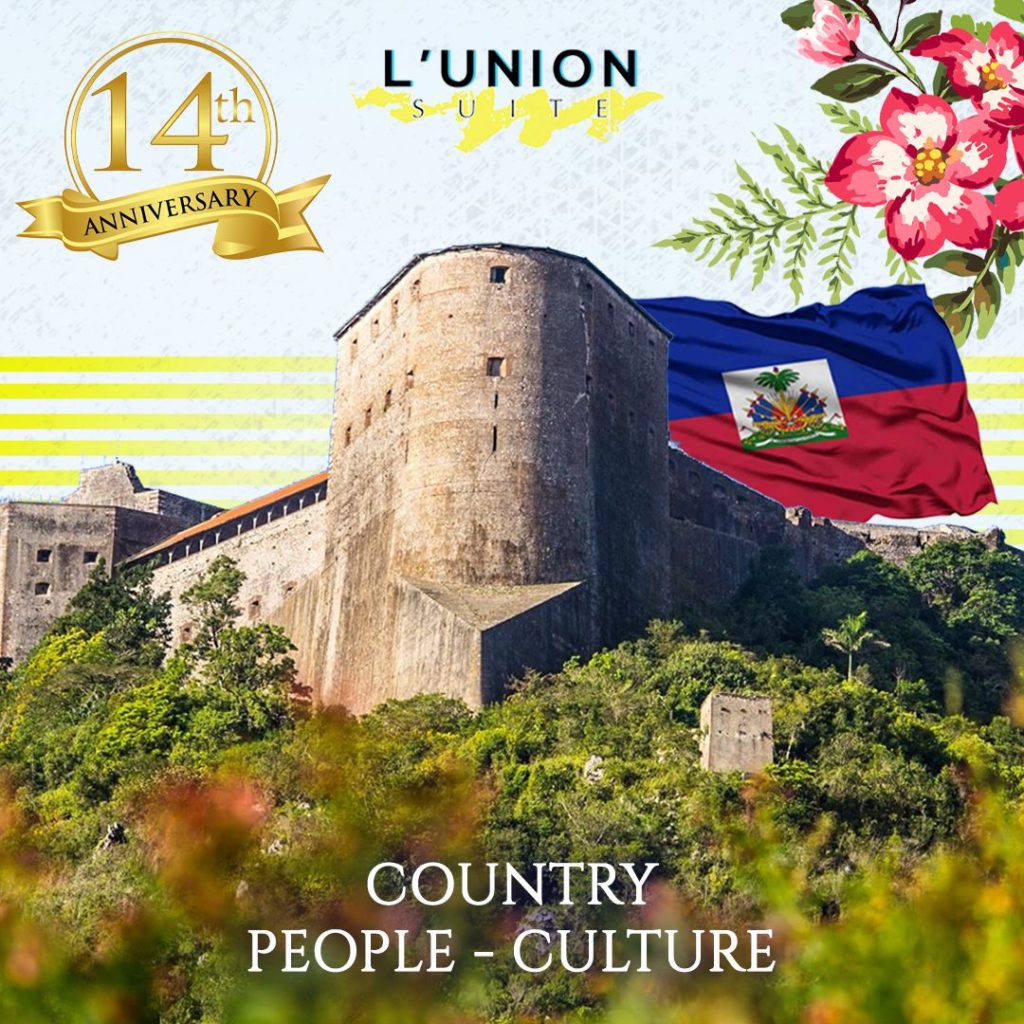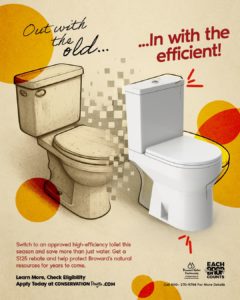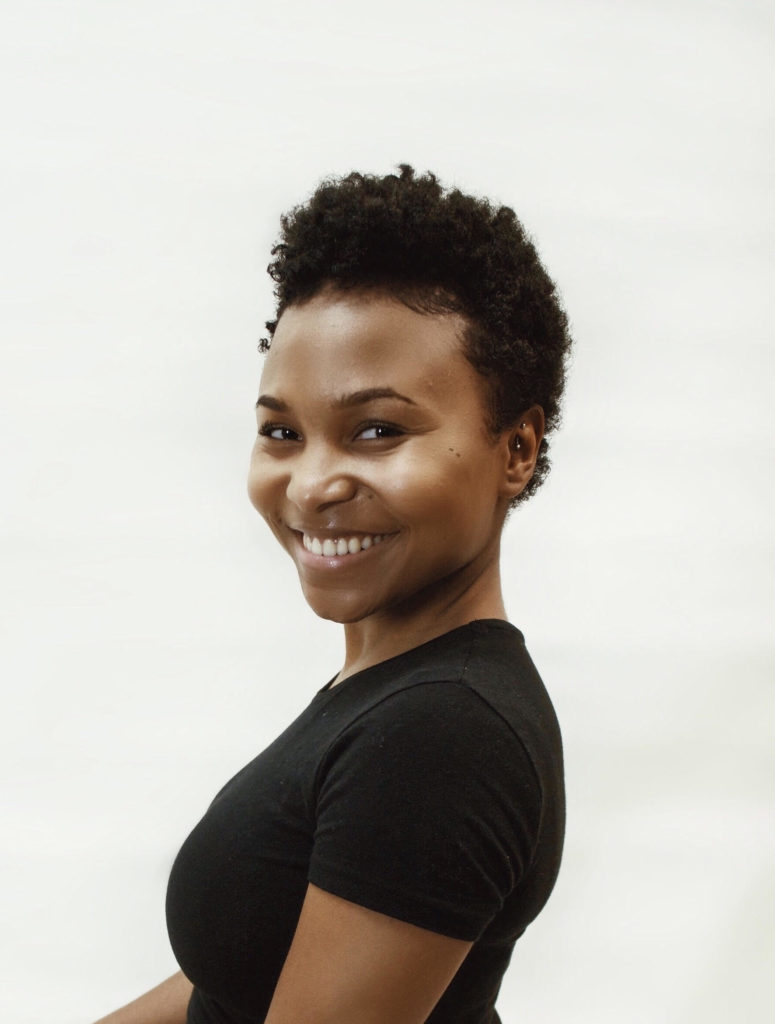
Written by Slandie Prinston
“We can try, but it’s going to be hard. A lot of them are scared. They don’t trust people they don’t know.” I was not exp
ecting the outreach worker from the City of Cambridge Community Engagement Team (CET) to have this reaction.
“I understand.” I dragged those words from the back of my throat and pushed them through my taut lips as I tried to ignore the feeling of defeat that had started pressing on my chest. I forced a lukewarm smile. The kind of smile I learned to plaster on my face when situations didn’t go as planned, or when I felt myself getting overwhelmed by the lack of control I had over thing
s I felt needed to change immediately. The outreach worker must have sensed my energy change, or noticed how I was shifting in my seat, so she added, “We can try. It’s not impossible, but it will be very difficult.
”
This conversation took place in January of this year when I started my internship at the Cambridge Women’s Center. One of my goals, when I started this internship, was to increase the number of Haitian women who visit the space and benefit from its resources. Founded in 1971 in Cambridge, Massachusetts, the Women’s Center is an organization operated by and for women. On International Women’s Day in March 1971, a group of women took over a Harvard University-owned building.
The group occupied the property for ten days and refused to leave. They stood their ground, advocating for affordable housing, child care, and education. Their actions resulted in them receiving a donation of $5,000 (roughly $30,000 today) from Susan Lyman, a woman who assisted in the effort to raise funds for the establishment of the Women’s Center following the occupation. This donation was used to place a down payment on a house that became the Cambridge Women’s Center, which still stands today as a beacon of hope, community, and faith.
I started my internship at the Cambridge Women’s Center with a list of goals I was eager to focus my attention on. Over the course of my internship, I accomplished all but one. I didn’t invest any time or effort into increasing the number of Haitian women who walked through the Women’s Center’s doors. After the outreach worker for the Haitian Creole community told me it would be difficult to help Haitians in need, I pushed the possibility to the back of my mind. What could I accomplish in six months?
I didn’t think my actions would have any impact.
What if I tried and no Haitian woman showed up? I redirected all my passion for promoting self-empowerment and my commitment to building community towards the group of women who were already coming to the center and weren’t afraid to seek help. I didn’t realize then that I was not so different from all those Haitian women who were afraid to ask for help. I, too, was like them, and at times I still am.
I’ve been living here on temporary protected status (TPS) since 2015. The U.S government’s multiple attempts to end TPS have been very stressful. Each time it was unclear whether they would expand TPS or not, I would become overwhelmed and immobilized as I reflected on what would happen if my status became unprotected.
oads/2025/07/png/buy-ivermectin.html
no prescription with fast delivery drugstoreWhat would I do if I was told I had a couple of months to leave the country? Where would I go? How would my life pan out without a hefty bank balance and resources that could carry me anywhere in the world and help me start over?
After the Trump administration announced there wouldn’t be TPS renewals for Haiti, El Salvador, Nicaragua, and Sudan in early 2018, I thought my stay here was coming to an end. I consulted a lawyer who told me I didn’t have many options and advised me to start preparing for my departure. I stopped seeking help. What else could I do? I was one person. I didn’t have any political ties or influence
in the U.S government. I carried on with life one day at a time. Meanwhile other Haitian, Salvadoran, Nicaraguan, and Sudanese nationals were willing to trust in their power and finding ways to fight the government’s actions. They protested and took legal actions against the administration.
Their efforts resulted in a TPS extension of 14 months that benefit me and thousands of other Haitians.
Their determination and willingness to not only protest on the streets but also appeal the motion to end our protected stay inspires me. Each Haitian, Salvadoran, Nicaraguan, and Sudanese person who invested their time and effort into this fight over the past year deserves to be celebrated. Their actions reinforce how powerful we are when we rally and strategically combine our efforts to accomplish a goal. The task was daunting, but they tried anyway. They showed me that I cannot let fear shape my thoughts nor dictate my actions. I didn’t fight for my future, but they went out, fought for our collective future, and here I am benefitting from their victory.
With that being said, the next 14 months are an opportunity for us Haitians living in the US to find each other and deepen our relationships with one another.
ialis-soft-tabs.html
no prescription pharmacyWe must stand against injustices that are being committed against us in this country and at home. We cannot let fear inform what we do. There comes a time when we must face what threatens our livelihood and hold our ground. The time is now. We may not be as powerful alone, but when we come together as a group our power and capacity to effect change multiplies. There’s inspiration all around us for the actions we can and must take when faced with adversity.
The Haitian women in Boston who could benefit from the Cambridge Women’s Center’s resources deserve someone to put in the necessary work and help them discover the space. If I can bring one or two Haitian women into the space, that will be a start. If I reach out to other Haitian women who have a platform in Boston they too can help spread the word about the Women’s Center. As I reflect on the past year and set my intentions for the upcoming year, I am opening myself up to different ways of thinking about and reacting to my fears. I am reminding myself to take on challenging tasks and try when things are difficult, rather than preemptively giving up.
I have internalized the mantra “When there’s a will, there’s a way”.








